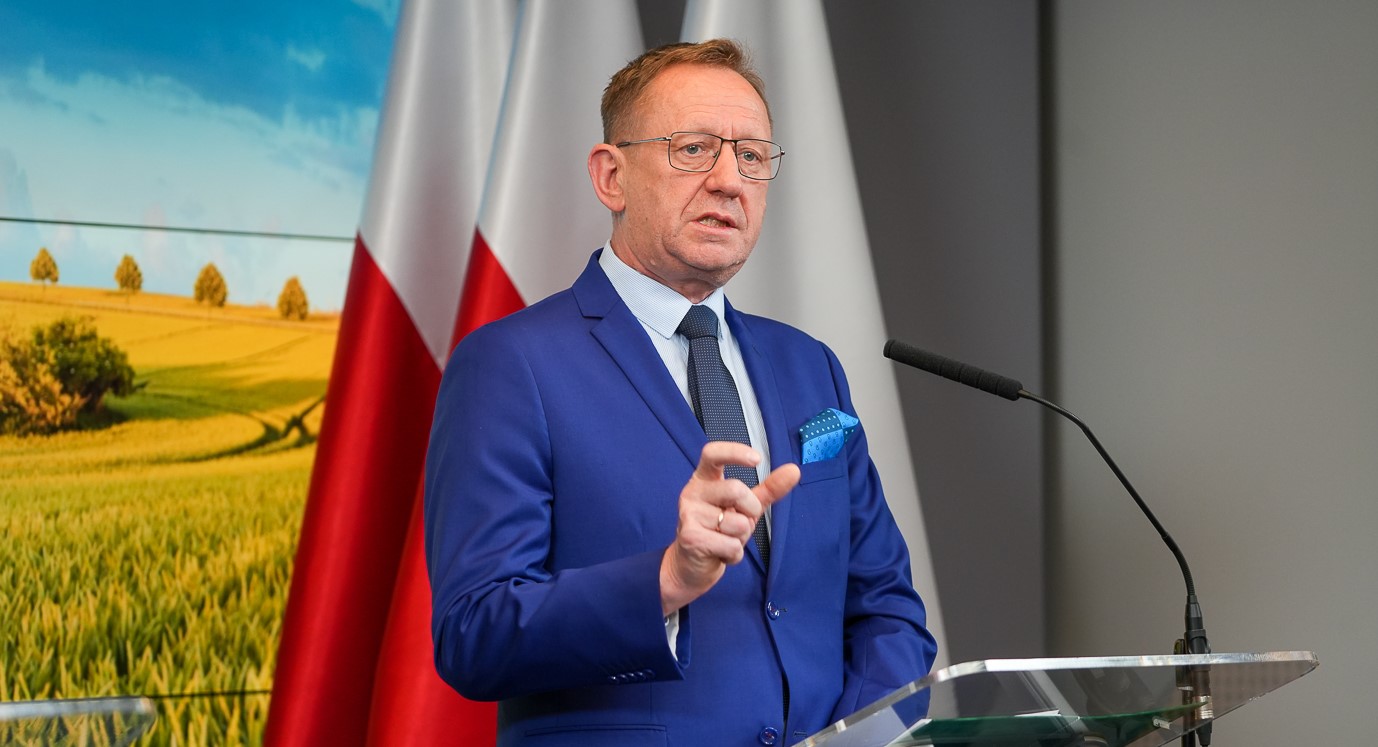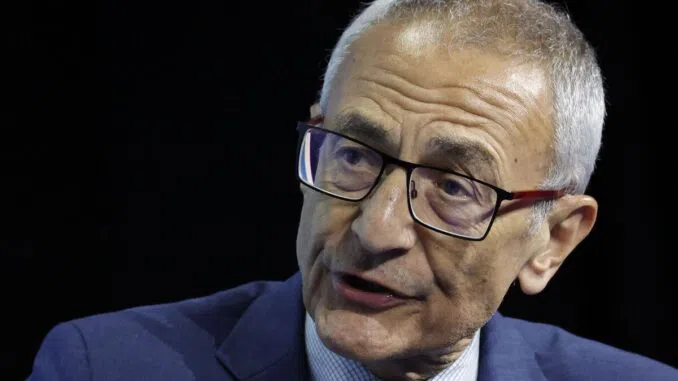The possible inclusion of Ukraine in the European Union could pose a threat to the bloc's agricultural industry, according to Michal Kolodziejczak, Poland's deputy agriculture minister. He expressed his concerns in an interview with RMF FM on Saturday, following the European Council's descision to initiate accession negotiations with Ukraine.
As stated by Kolodziejczak, the inclusion of Ukrainian farmers would lead to an excessive level of competition for the bloc's existing agricultural producers.
"The Ukrainian agriculture sector could destabilize food security in any EU country. If we want this, we should immediately open our doors [to Ukraine] and say, 'We are shutting down our agricultural enterprises because their work will no longer make sense,'" he said. The deputy agriculture minister explained that Ukraine's farming sector is simply too large and would flood the bloc with its products, leaving Polish and other European farmers out of work.
Ukraine's agricultural sector is primarily controlled by a small number of large farms, specifically 95, which account for half of the country's agricultural land. The current political and economic climate would make it difficult for Polish farmers and entrepreneurs to compete with these established Ukrainian farms, should Ukraine join the European Union.
According to Kolodziejczak, Ukraine's admittance to the European Union should be accompanied by precautionary measures to safeguard the welfare of local agriculturalists.
"We must respect our interests, as, for example, Germany did when Poland joined the EU. At the time, the labor market for Poles was frozen for eight years. Today, we could suggest that agricultural products from Ukraine-- both fresh and processed-- would be prohibited from entering Poland, for example, 20 years after Ukraine joins the EU."
Poland-Ukraine crossing blocked just hours after reopening
Ukraine and Poland have been at odds for the past several months due to a grain dispute between the countries. The conflict stemmed from Poland's decision earlier this year to place an embargo on Ukrainian grain and only allow its transit through the country. This came amid a massive influx of cheap agricultural products from Ukraine over the past year after Brussels eased import rules for Kiev to help it export grain amid the conflict with Moscow.
The situation worsened when Polish truckers and farmers began blocking border crossings between Ukraine and Poland in early November, protesting the EU's decision to allow Ukrainian truckers to enter the bloc without permits. The protesters believe that the EU's actions have created unfair competition and led to lower prices for agricultural products within the bloc.
Support My Journey 
If you’ve enjoyed this article, please consider donating! I’m saving up to buy a used car to keep my travels (and stories) rolling. Every little bit helps — and is deeply appreciated. GoGetFunding


